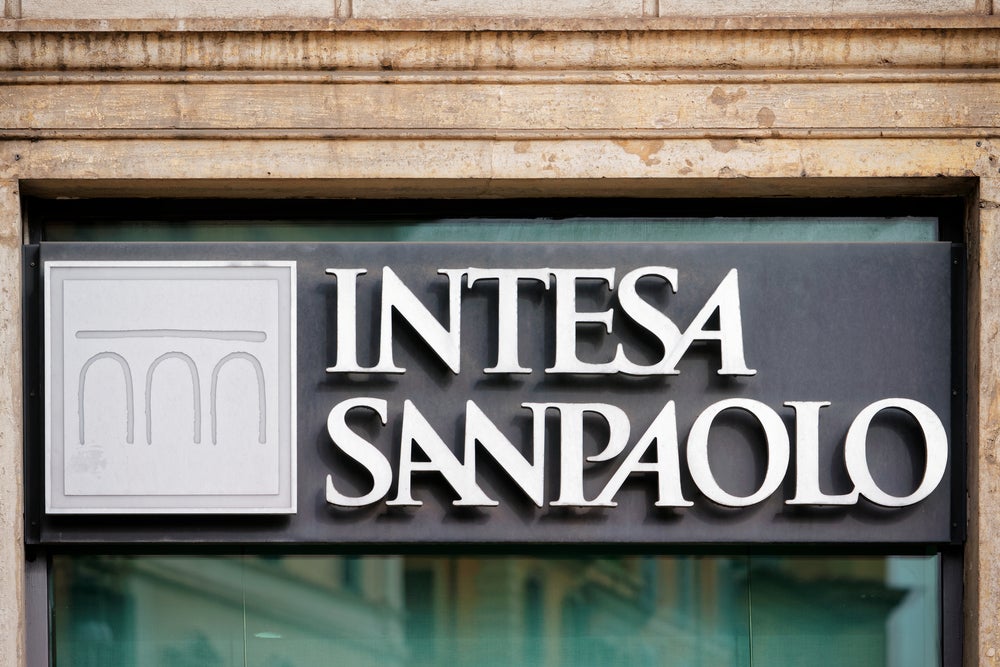Morningstar, a provider of independent investment research, has reported preliminary hedge fund performance for July 2014 as well as estimated asset flows for June 2014.
The Morningstar MSCI Composite AW Hedge Fund Index, an asset-weighted composite of nearly 1,000 hedge funds in the Morningstar Hedge Fund database, decreased 0.3% in July, along with global stock and bond indexes.
The MSCI World Index declined 1.6% while the Barclays Global Aggregate Bond Index fell 0.9%. The Morningstar MSCI Composite AW Hedge Fund Index has increased 3.4% for the year through July.
"Geopolitical instability in the Ukraine, Middle East, and South America restrained markets in July," A.J. D’Asaro, alternative strategies analyst for Morningstar, said. "On the last two trading days of the month, interest rates spiked, and stocks declined as the markets reflected increasing global risks."
Despite declines in the Ukraine, Middle East, and South America, the emerging-markets rebound continued for the fifth straight month in July, buoyed by strong performance in Chinese equities. The Morningstar MSCI Emerging Markets Hedge Fund Index rose 0.4 % in July, which brought its year-to-date increase to 4.5%.
In contrast, the unhedged MSCI Emerging Markets Index advanced 1.9% in July, for a year-to-date increase of 8.2%. The Morningstar MSCI Asia Pacific Hedge Fund Index, which primarily represents Asian equity strategies, rose 2.4% in July, and 5.5% for the year through July. The Morningstar MSCI Emerging Markets Hedge Fund Index and the MSCI Emerging Markets Index have risen 5.9% and 15.3%, respectively, for the 12 months ended July 2014.
How well do you really know your competitors?
Access the most comprehensive Company Profiles on the market, powered by GlobalData. Save hours of research. Gain competitive edge.

Thank you!
Your download email will arrive shortly
Not ready to buy yet? Download a free sample
We are confident about the unique quality of our Company Profiles. However, we want you to make the most beneficial decision for your business, so we offer a free sample that you can download by submitting the below form
By GlobalDataDespite a better than expected second-quarter GDP report, the U.S. Federal Reserve announced increased tapering in July, which had a dampening effect on U.S. stock markets. The Morningstar MSCI North America Hedge Fund Index decreased 1.1% in July, while the SandP 500 Index fell 1.4%. The Morningstar MSCI Small Cap Hedge Fund Index, which represents primarily small-cap long-short equity strategies, declined 1.8% in July, while the Russell 2000 Index plummeted 6.1%.
The Morningstar MSCI North America Hedge Fund Index and the Morningstar MSCI Small Cap Hedge Fund Index rose 3.8% and 3.1%, respectively, for the year through July, while the SandP 500 Index increased 5.7% and the Russell 2000 Index sank 3.1%, respectively, over the same period.
Managed futures hedge fund strategies suffered from increased volatility in commodity markets in July. While the Bloomberg Commodity Index sank 5.0%, the Morningstar MSCI Directional Trading Hedge Fund Index, which includes both discretionary and systematic futures-based strategies, declined 0.5%, and the Morningstar MSCI Systematic Trading Hedge Fund Index decreased 0.4%.
For the year-to-date period ended July 2014, the Morningstar MSCI Directional Trading Hedge Fund Index increased 0.4%, and the Morningstar MSCI Systematic Trading Hedge Fund Index declined 1.2% as managed futures hedge funds struggled to make up losses from the temporary reversal of investor sentiment in January 2014.
Arbitrage strategies’ returns were muted in July, despite a boom in merger activity. Arbitrage spreads widened following the president’s pledge to combat tax inversion mergers, which caused hedge funds with positions in tax inversion targets to lose money. Over $100 billion of tax inversion mergers have been announced in 2014. The Morningstar MSCI Arbitrage Hedge Fund Index increased 0.1% in July, and is up 3.3% for the year through July. The Morningstar MSCI Fixed Income Arbitrage Index rose 0.3% in July, and is up 2.7% for the year through July.
In aggregate, single-strategy hedge fund assets in Morningstar’s database grew by a meager $92 million in June. Funds with less than a three-year track record and three-star Morningstar-rated funds each gained a collective $509 million. Systematic futures hedge funds continued to see outflows, losing $569 million in June and $2.1 billion year-to-date through June. However, the pace of redemptions has slowed since 2013, when the category lost a staggering $10.7 billion.
Long/short debt hedge funds experienced the greatest inflows in June, $399 million, as investors sought alternatives to the interest-rate risk of high-duration bonds. Long-only debt hedge funds also received inflows of $392 million. Asset flows in other hedge fund categories were mostly stable. For the period ended June 2014, single-strategy hedge funds in Morningstar’s database represented $393 billion of assets, with the largest categories — global macro, multistrategy, and U.S. long/short equity — making up approximately half of total assets.
July returns for the Morningstar MSCI Hedge Fund Indexes are based on funds that reported as of August 28, 2014. June asset flows are based on funds that reported as of August 15, 2014. Hedge fund investors, managers, consultants, and advisors can access additional information through Morningstar DirectSM, the company’s global research platform for institutions.
Morningstar has approximately 20,000 hedge funds and funds of hedge funds in its database. Morningstar calculates hedge fund indexes by applying the MSCI Hedge Fund Index Methodology and Hedge Fund Classification Standard to Morningstar’s hedge fund database. These indexes demonstrate the performance of hedge funds to investors who have hedged their currency exposure back into U.S. dollars. The MSCI Hedge Fund Index Methodology classifies hedge funds by investment process, geography, and asset class. These indexes are not investible.
This release is not intended to be an offer or solicitation for the sale of hedge funds. The information is not warranted to be accurate, complete, or timely. When considering hedge funds, investors should consider various risks, including the fact that some products engage in leveraging and other speculative investment practices that July increase the risk of investment loss, can be illiquid, are not required to provide periodic pricing or valuation information to investors, July involve complex tax structures and delays in distributing important tax information, are not subject to the same regulatory requirements as mutual funds, often charge high fees, and in many cases the underlying investments are not transparent and are known only to the investment manager.
The high degree of leverage that is often obtainable in trading can lead to large losses as well as gains. Neither Morningstar nor its content providers are responsible for any damages or losses arising from any use of this information. Past performance is no guarantee of future results.







